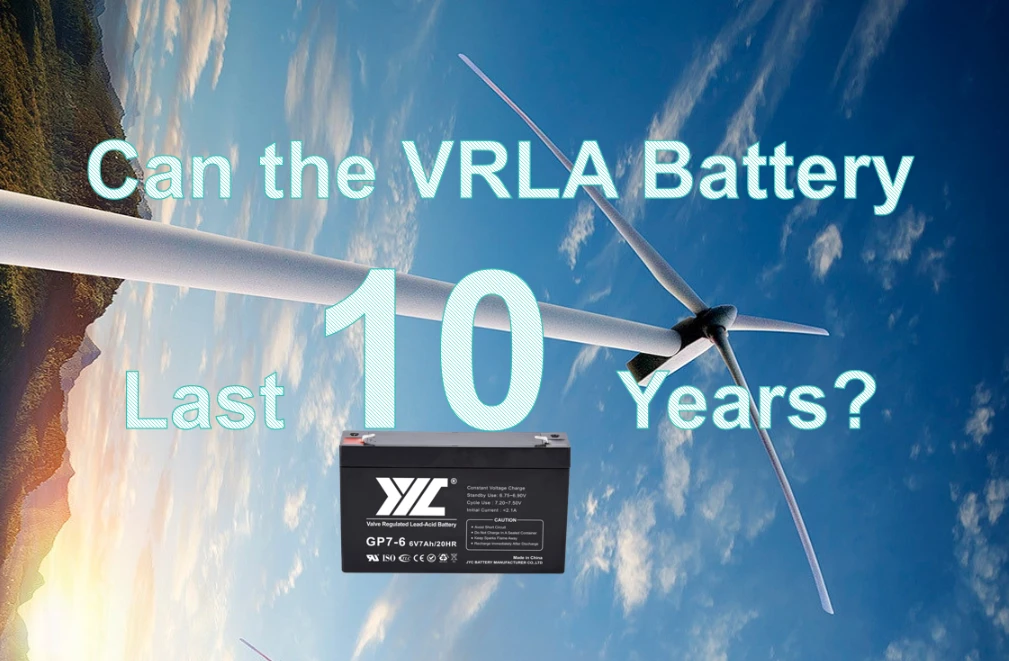
Batteries have become one of the most important subjects in the evolving technological world, subjecting with utmost importance. Among all kinds of batteries available in the market, Valve Regulated Lead Acid (VRLA) Battery has earned tremendous attention due to their reliability and maintenance-free nature. Can VRLA Batteries really last for 10 years? Let’s explore several technicalities associated with battery longevity and check whether VRLA Battery can actually reach such an impressive milestone.
Importance of Battery Longevity in Multiple Applications
Understanding the Significance of Battery Longevity
Before we get into the specifics of VRLA batteries, it is crucial to understand why battery longevity is a critical consideration across many applications. Unsung heroes keeping our world running smoothly, from powering smartphones and laptops to serving as lifeblood in uninterruptible power supply (UPS) systems for data centers; it is batteries that provide lifeline pumping communication during a crucial business meeting or standby power when there’s no other option but to sit back and wait for Mother Nature to return the lights.
Economic and Operational Implications
Think of the catastrophic consequences of premature battery failure in a hospital’s life-support system or a remote weather station at an arctic latitude. The results would be disastrous, and indeed, they demonstrate why longevity matters for battery performance. In addition, there are significant economic issues to consider; that is, batteries have to last if they are going to be replaced frequently, and personal as well as industrial situations require this kind of long-lasting power source.
The Feasibility of VRLA Batteries Lasting 10 Years Under Optimal Conditions
Advantages of VRLA Batteries
Sealed lead-acid batteries, known as VRLA (valve-regulated lead-acid) because they use valves to regulate gassing rates, have generated interest due to their ability to provide excellent service with little maintenance required. Their chief feature includes immobilizing the electrolyte using either gel or an absorbed glass mat (AGM), meaning these devices will not leak, and no water replenishment needs to occur periodically. Additionally, they can withstand a wide range of environmental conditions, making them suitable for many applications under various circumstances.
VRLA battery life is primarily a function of, among other things, usage patterns, charging practices, and operating temperatures. Under optimum conditions, whereby the unit is used within its recommended depth of discharge and charged correctly, a VRLA battery can last 10 years or more.
Factors Influencing VRLA Battery Lifespan
But in reality, scenarios rarely conform to these perfect conditions. Ambiance temps run very high at the site. Frequent deep discharges due to power outages could be common. Overcharging is rampant in many cases. All these occurrences affect how long a VRLA battery will technically last. That’s why it’s necessary for best practices that extend battery life under most circumstances.
The Takeaway
To put it in a nutshell, while the VRLA batteries could last up to ten years or more under optimal conditions – which means a careful operation that must comply with recommended usage and maintenance guidelines – the point is something has got to be done at all times so as not to have these things fail well before their anticipated useful life.
The JYC VRLA batteries are one of the most reliable and continue to show their durability and longevity. With a history of excellence in high quality, JYC batteries have earned the trust of countless users across various industries. If you’re looking for batteries that not only meet but exceed the 10-year mark under optimal conditions, JYC VRLA batteries are the way to go. Don’t compromise on reliability, and choose JYC for your power needs.



